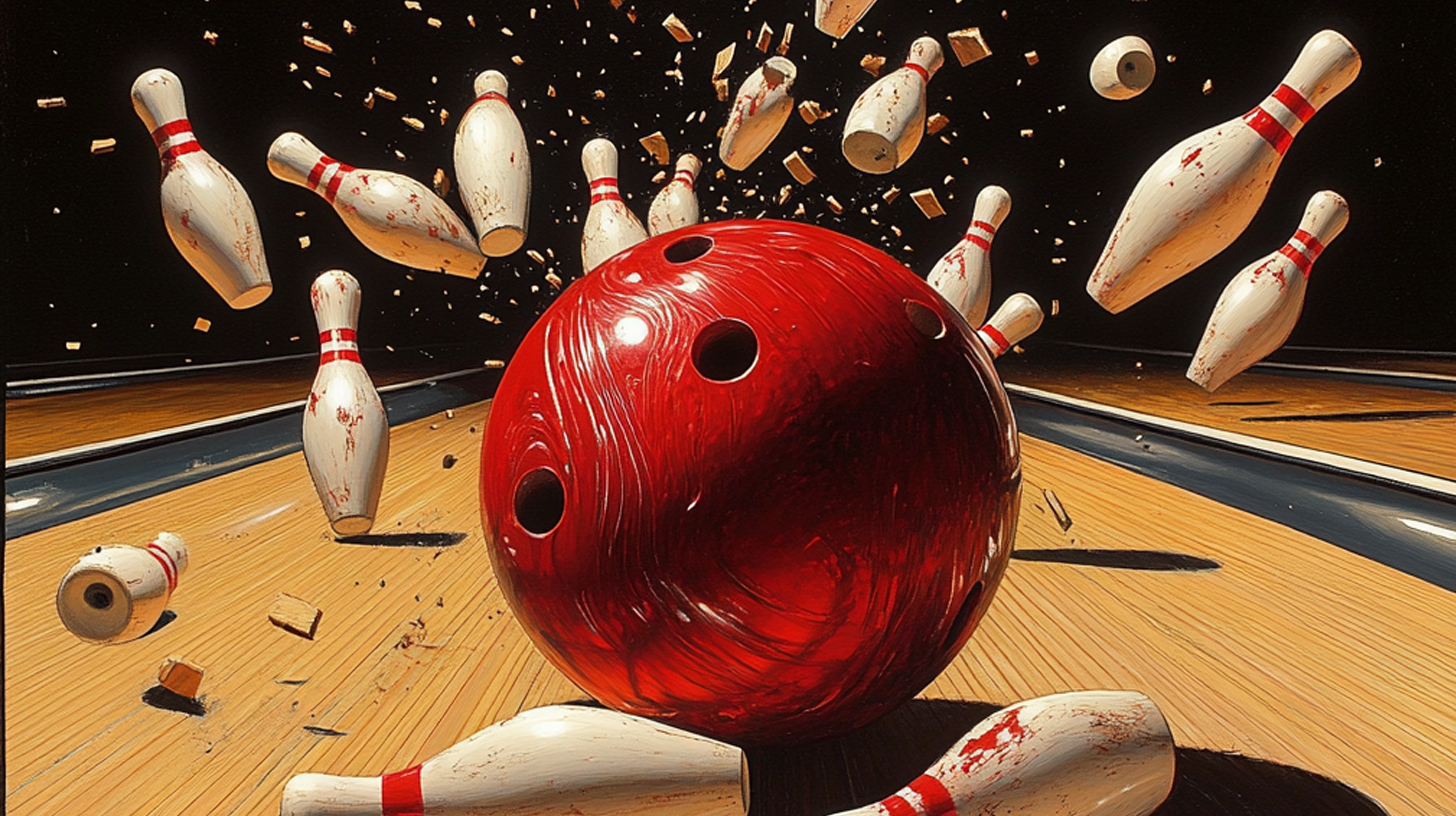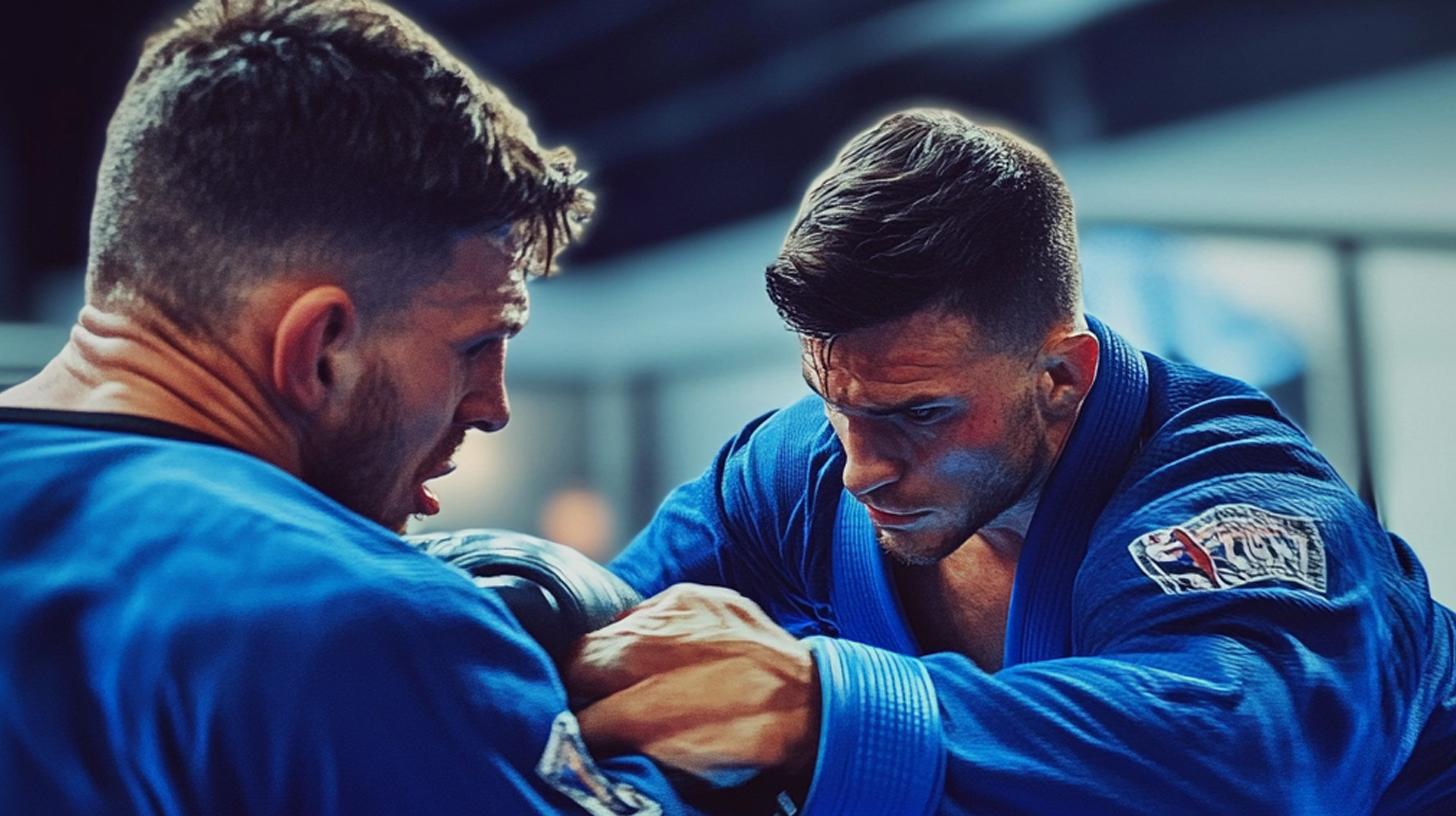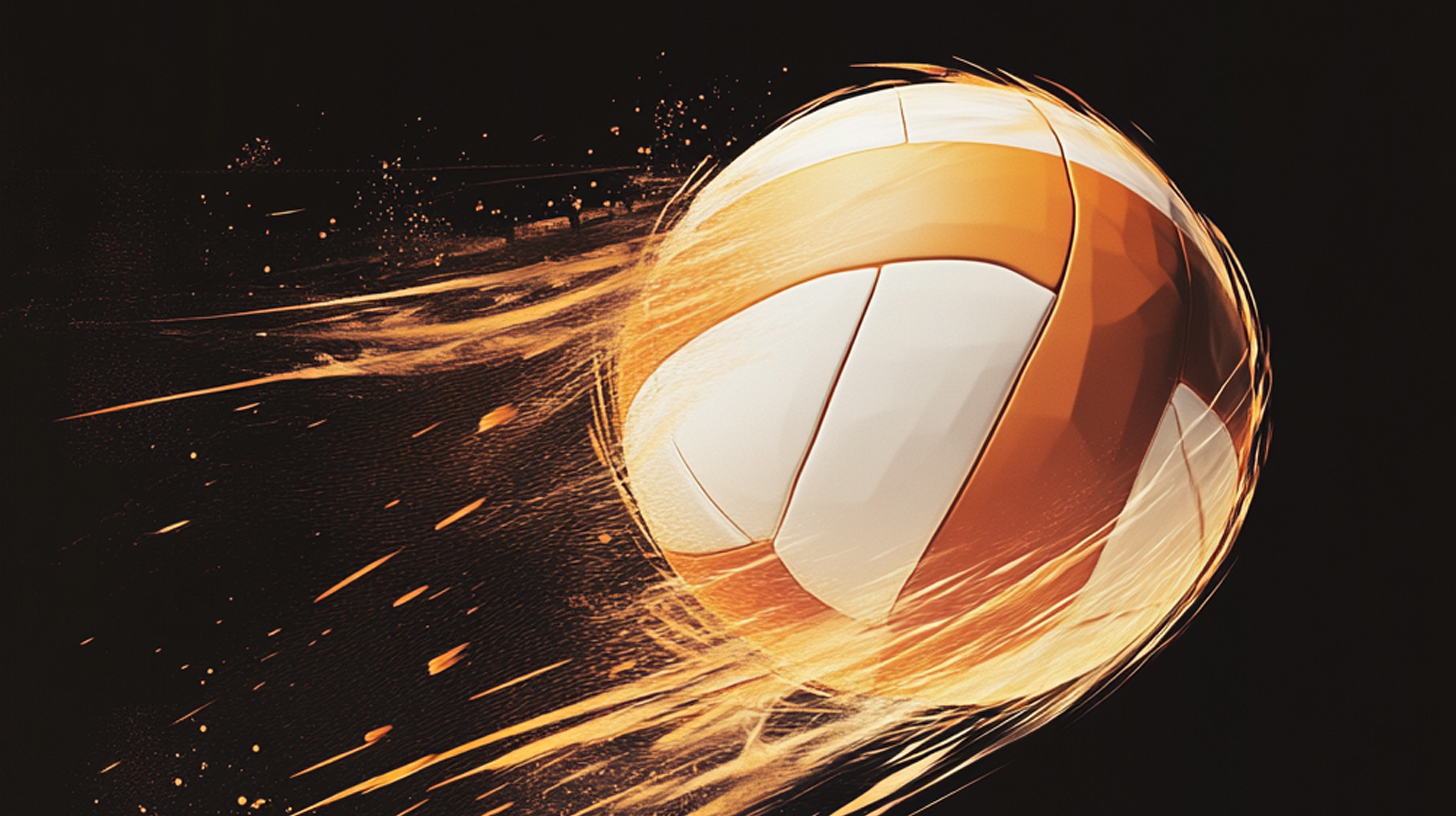Understanding the importance of mindset in recreational sports can significantly enhance your athletic experience and performance. Sports psychology plays a crucial role in shaping how athletes approach their activities, even at a non-professional level. Mental preparation is just as vital as physical training when it comes to achieving success and enjoyment in recreational athletics.
A competitive mindset, when balanced appropriately, can drive individuals to improve their skills and push their limits. However, it’s essential to remember that in recreational sports, the primary goal is often personal growth and enjoyment rather than winning at all costs. Cultivating a positive attitude towards challenges, setbacks, and improvements can lead to a more fulfilling sporting experience.
The importance of attitude in recreational sports cannot be overstated. A growth-oriented mindset encourages athletes to view failures as learning opportunities and to persist in the face of obstacles. This approach not only enhances performance but also contributes to overall well-being and satisfaction in athletic pursuits.
By focusing on developing a healthy mindset, recreational athletes can maximize their potential, foster a love for their chosen sport, and create a supportive environment for themselves and their fellow participants. Remember, the right mental approach can turn every game, match, or training session into an opportunity for personal development and enjoyment.
Balancing Fun and Competition: Finding the Right Perspective
Balancing fun and competition in sports is essential for maintaining a positive and fulfilling athletic experience. While the competitive spirit drives athletes to improve and excel, it’s equally important to prioritize enjoyment and sportsmanship. Recreational goals can coexist with a desire to win, creating a healthy competition environment that benefits all participants.
To achieve this balance, athletes and coaches should focus on personal growth and skill development rather than solely on winning. Emphasizing the joy of playing, teamwork, and self-improvement can help maintain a positive atmosphere even in highly competitive settings. Sportsmanship should be encouraged and rewarded, fostering a culture of respect and fair play.
It’s crucial to remember that sports serve multiple purposes, from physical fitness to social interaction. By keeping these diverse objectives in mind, participants can find a harmonious blend of fun and competition. This approach not only enhances the overall experience but also promotes long-term engagement in sports activities.
Ultimately, striking the right balance between enjoyment and competitiveness leads to a more sustainable and rewarding sports journey, benefiting athletes at all levels of play.
Developing a Growth Mindset for Continuous Improvement
Developing a growth mindset is crucial for continuous improvement in both personal and professional spheres. This approach encourages individuals to view challenges as opportunities for learning rather than insurmountable obstacles. By embracing challenges and learning from losses, we can foster resilience and adaptability, essential traits in today’s rapidly changing world.
Skill development is a key component of the growth mindset. Instead of believing that abilities are fixed, those with a growth mindset understand that skills can be honed through dedication and hard work. This perspective motivates individuals to pursue new knowledge and experiences, leading to ongoing personal and professional growth.
Focusing on progress over perfection is another vital aspect of the growth mindset. By celebrating small victories and incremental improvements, we maintain motivation and build momentum towards larger goals. This approach also helps in managing stress and avoiding burnout, as it acknowledges that growth is a journey rather than a destination.
Goal setting plays a significant role in cultivating a growth mindset. By setting realistic, achievable goals and regularly reassessing them, individuals can track their progress and adjust their strategies as needed. This process not only provides a sense of direction but also reinforces the belief that improvement is always possible with effort and perseverance.
Managing Stress and Anxiety in Competitive Situations
Managing stress and anxiety in competitive situations is crucial for optimal performance. Effective stress management techniques can help athletes and professionals alike maintain their composure and focus when the pressure is on. Pre-game rituals play a significant role in reducing performance anxiety, as they provide a sense of familiarity and control. These rituals can include visualization exercises, deep breathing, or listening to motivational music.
Relaxation methods such as progressive muscle relaxation and mindfulness meditation can also be powerful tools for combating stress. By practicing these techniques regularly, individuals can develop greater mental toughness and resilience in high-pressure situations. Additionally, cognitive restructuring, which involves challenging and reframing negative thoughts, can help alleviate anxiety and boost confidence.
It’s important to remember that some level of stress is normal and can even be beneficial for performance. The key is to find the right balance and develop coping strategies that work for you. By implementing these stress management techniques and continuously working on mental toughness, individuals can learn to thrive under pressure and achieve their full potential in competitive environments.
Building Self-Confidence and Positive Self-Talk
Building self-confidence is a crucial aspect of personal growth and success. One effective method to boost self-belief is through positive self-talk and affirmations. By consciously replacing negative thoughts with encouraging statements, individuals can gradually reshape their mindset and improve their self-image.
Visualization techniques are powerful confidence boosters that can help individuals picture themselves succeeding in various situations. By mentally rehearsing positive outcomes, people can build the confidence needed to tackle real-life challenges.
Overcoming self-doubt often requires consistent practice and patience. Engaging in activities that showcase personal strengths and celebrating small victories can significantly contribute to increased self-assurance. Additionally, seeking feedback from trusted friends or mentors can provide valuable perspective and support.
Incorporating confidence-building exercises into daily routines, such as setting achievable goals and acknowledging personal progress, can lead to lasting improvements in self-esteem. Remember, building self-confidence is a journey, and with persistence and the right tools, anyone can develop a stronger sense of self-belief.
Fostering Team Spirit and Cooperation in Recreational Sports
Fostering team spirit and cooperation in recreational sports is essential for creating a positive and successful sporting experience. Effective teamwork begins with clear communication skills, allowing players to coordinate their efforts and strategize effectively. Encouraging players to support their teammates, both on and off the field, builds a strong sense of camaraderie and mutual trust.
Leadership in sports plays a crucial role in developing team cohesion. Natural leaders can emerge within the group, inspiring and motivating others to perform at their best. Coaches and team captains should focus on nurturing these leadership qualities and promoting a culture of inclusivity and respect.
Understanding group dynamics is key to managing interpersonal relationships within a team. Recognizing individual strengths and weaknesses allows for better role allocation and helps create a balanced, harmonious unit. Regular team-building activities and open discussions can help address conflicts and strengthen bonds between players.
By prioritizing teamwork and cooperation, recreational sports teams can enhance their performance, enjoy a more fulfilling experience, and develop valuable life skills that extend beyond the playing field.
Dealing with Setbacks and Losses: The Resilient Athlete’s Approach
Setbacks and losses are an inevitable part of any athlete’s journey. The ability to bounce back from defeat is what separates the truly resilient athletes from the rest. When faced with disappointment, successful athletes view these moments as valuable learning opportunities rather than insurmountable obstacles.
Emotional regulation plays a crucial role in dealing with setbacks. Athletes who can manage their emotions effectively are better equipped to analyze their performance objectively and identify areas for improvement. This self-awareness is key to turning losses into stepping stones for future success.
Perseverance in sports is not just about physical endurance; it’s also about mental fortitude. Developing mental resilience allows athletes to maintain focus and motivation, even in the face of adversity. This involves cultivating a growth mindset, where challenges are seen as chances to develop and refine skills.
Successful athletes often employ various strategies to build resilience, such as visualization techniques, positive self-talk, and goal-setting. These methods help maintain a forward-looking perspective, ensuring that setbacks don’t derail long-term aspirations.
Ultimately, the resilient athlete’s approach to dealing with setbacks and losses is characterized by a commitment to continuous improvement, emotional intelligence, and an unwavering belief in their ability to overcome challenges. By embracing this mindset, athletes can transform defeats into catalysts for future triumphs.
Maintaining Focus and Concentration During Play
Maintaining focus and concentration during play is crucial for athletes to perform at their best. Mindfulness in sports has gained significant attention as a powerful tool to enhance mental focus and improve overall performance. By practicing concentration techniques, athletes can train their minds to stay present and avoid distractions that may hinder their performance.
One effective method is to develop a pre-game routine that incorporates mindfulness exercises. This can include deep breathing, visualization, or brief meditation sessions to center the mind and prepare for the upcoming challenge. During play, athletes can use specific cues or mantras to redirect their attention when it begins to wander.
Avoiding distractions is another key aspect of maintaining focus. Athletes should learn to tune out external factors such as crowd noise, opponent tactics, or personal worries. Instead, they should concentrate on the immediate task at hand, whether it’s making a crucial play or executing a specific technique.
Staying present is essential for optimal performance. Athletes can practice this by focusing on their breath, body sensations, or the feel of their equipment. This heightened awareness of the present moment can lead to improved reaction times and decision-making abilities.
Regular mental focus training, both on and off the field, can significantly enhance an athlete’s ability to maintain concentration during high-pressure situations. By incorporating these techniques into their routine, athletes can develop a stronger mental game, complementing their physical skills and leading to improved overall performance.
Setting Realistic Goals and Celebrating Achievements
Setting realistic goals is crucial for any athlete’s progress and motivation. By implementing SMART (Specific, Measurable, Achievable, Relevant, Time-bound) goals in sports, individuals can create a clear roadmap for success. These goals should be tailored to personal benchmarks, ensuring they are challenging yet attainable.
Acknowledging progress along the way is equally important. Celebrating small victories and milestones helps maintain motivation and reinforces positive habits. This can be done through various motivation techniques, such as keeping a progress journal or sharing achievements with a supportive community.
Success metrics should be diverse and not solely focused on end results. Consider tracking improvements in technique, consistency in training, or personal bests in specific drills. By doing so, athletes can recognize their growth even when major competition outcomes may not immediately reflect their efforts.
Remember, the journey towards athletic excellence is a marathon, not a sprint. Regular evaluation and adjustment of goals ensure continued growth and prevent stagnation. By setting realistic objectives and acknowledging achievements, athletes can maintain enthusiasm and drive throughout their sporting careers.





